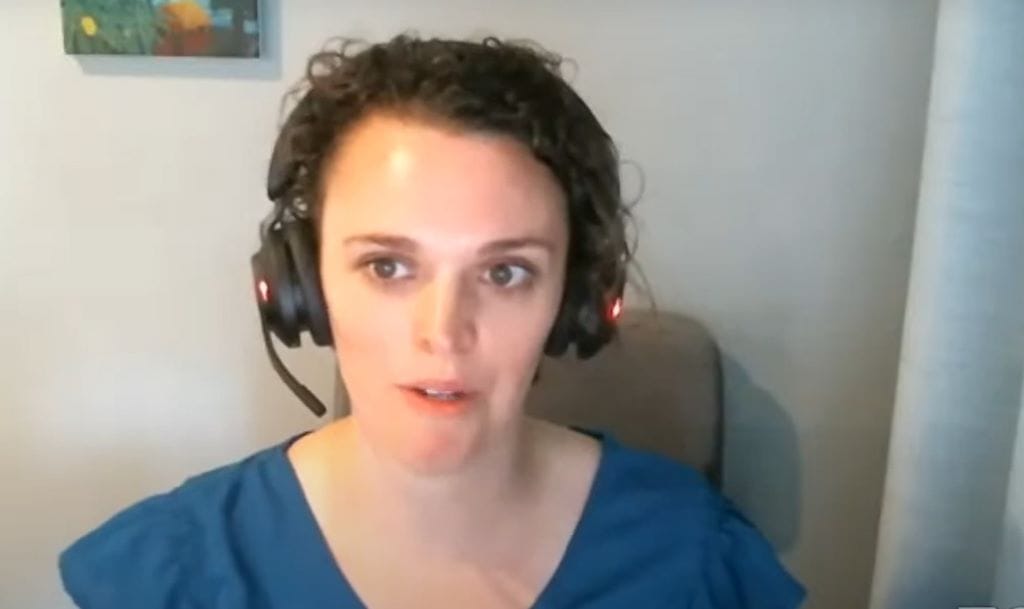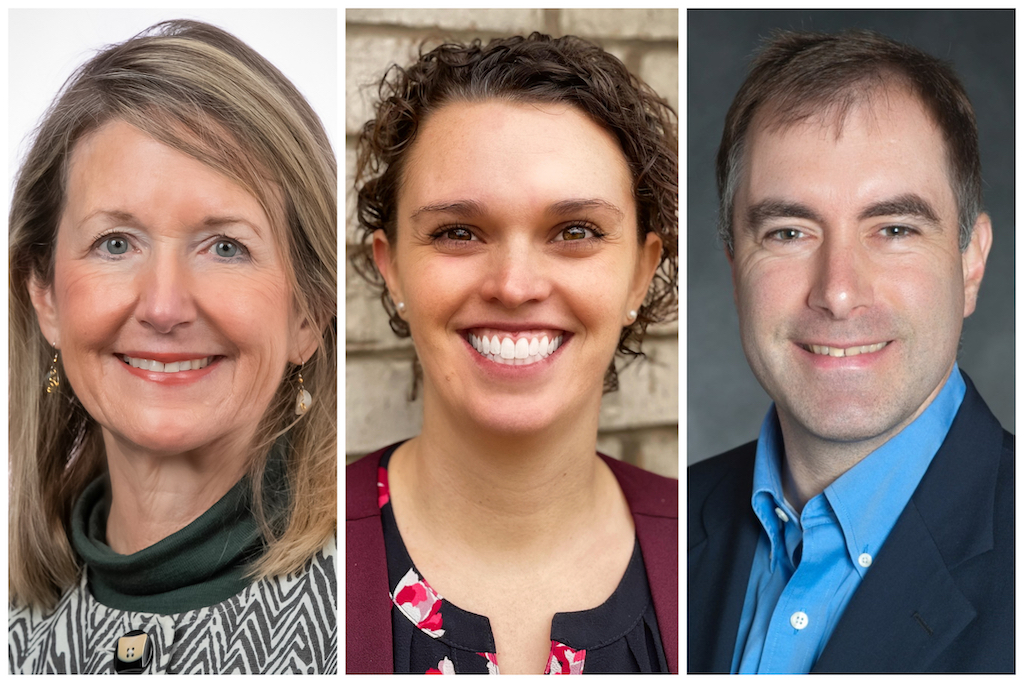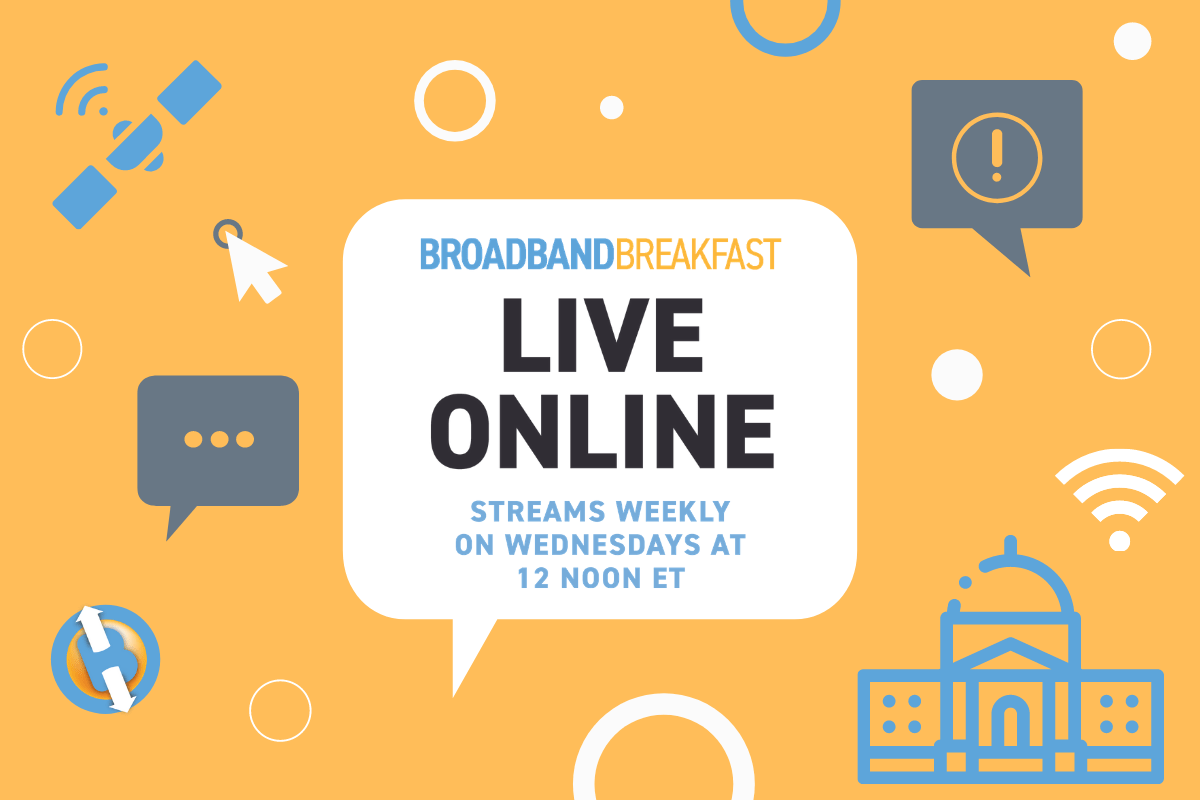Treasury Announces New Compliance Obligations for Broadband Grants
The Treasury announced a proposal to revise broadband grant compliance obligations Tuesday.
Teralyn Whipple

WASHINGTON, March 31, 2023 – The Treasury Department announced Tuesday new proposed guidance for compliance obligations for recipients of grant money issued through the American Rescue Plan Act’s State and Local Fiscal Recovery Fund and Capital Projects Fund.
Recipients of any federal grant must be compliant with a series of laws most commonly referred to as the Uniform Guidance, found in Title 2, Section 200 of the Code of Federal Regulations, or sometimes merely referred to as “Part 200.” The law specifies how recipients should manage federal funds, including the reporting and auditing of those funds.
However, in response to broadband industry concerns that such obligations would increase program costs, the Treasury issued a proposed new guidance in which recipients of CPF and SLFRF may differ from the Uniform Guidance.
“Bringing those [Uniform Guidance] rules to reality is challenging and not possible in some cases, at least in the broadband space,” said Brooke Coleman from network engineering consulting company Widelity at a Broadband Breakfast Live Online Event Wednesday. “The guidance will provide additional flexibility for the applicants and for the program to make it more of a reality.”

Brooke Coleman of Widelity
The proposed guidance specifies different compliance rules applicable to an internet service provider based on whether the ISP is a subrecipient of the award or a contractor. The Uniform Guidance provides guidelines for whether recipients should consider separate entities as contractors or subrecipients.
“Each recipient should make this determination based on the nature of the broadband program it has established and its relationship with the ISPs,” read the proposed guidance.
Proposed rule changes
Under the default Part 200 rules, recipients are required to use program income to offset total allowable costs and reduce the Federal award and non-Federal entity contributions. Program income refers to any income stemming from grant-funded programs and would include any revenue from the end user to the ISP.
The proposed guidance specifies that any income generated by a subrecipient ISP will not be considered program income. A contracted ISP can also be permitted to retain its income, per the decision of the recipient.
Furthermore, the guidance states that all subrecipients to awards must follow procurement rules and cost principles. These rules would require that all recipients must first issue a procurement for contracts out to bid before deciding on a contractor.
Because many recipients have established relationships with their ISPs, this rule could pose problems for procurement and potentially introduce more costs to deployment. The Treasury’s proposed guidance would relieve recipients and subrecipients of a fixed amount of this requirement but would retain the requirement for contracted ISPs.
Additional rule changes include project property ownership and auditing requirements.
Under the proposed guidance, ownership of the property may be transferred to the ISP under certain conditions. These conditions include participating in federal subsidizing programs for low-income households, using the property for authorized project scope, and continuing to provide internet connection at the agreed upon speed.
Audit requirements will also differ under the proposed guidance. Recipients will be required to oversee contractors in place of audits to ensure that the contractors perform in accordance with agreed upon terms. However, subrecipients are still required, as specified in the Uniform Guidance, to submit audits to the Federal Audit Clearinghouse, the government-wide auditor for federal grant programs.
Experts at a Broadband Breakfast Live Online panel Wednesday are hopeful that the Treasury’s guidance given for the CPF and SLFRF programs sets a precedent for providing further guidance for other federal broadband programs, like the $42.5 billion Broadband Equity Access and Deployment program.
Comments to the Treasury regarding the proposed guidance may be submitted by April 11. Recipients may not implement Treasury guidance until the rules are finalized.
Our Broadband Breakfast Live Online events take place on Wednesday at 12 Noon ET. Watch the event on Broadband Breakfast, or REGISTER HERE to join the conversation.

Wednesday, March 29, 2023, 12 Noon ET – Cost-Sharing and Other Compliance Requirements for Broadband Deployment
One key factor in the $42.5 Broadband Equity, Access and Deployment program is the matching requirement: Subgrantees must find matching funds of at least 25 percent of the total project cost. Matching funds can be provided by local governments, utility companies, nonprofit organizations and other entities. In addition, states are required to incentivize higher matches whenever possible. How should state broadband offices approach cost-sharing and other compliance requirements as they prepare for broadband deployment?
Panelists
- Carol Mattey, Principal, Mattey Consulting LLC
- Brooke Coleman, Senior Manager of Business Development, Widelity
- Jorge Fuenzalida, Managing Partner, JLA Advisors
- Drew Clark (moderator), Editor and Publisher, Broadband Breakfast

Carol Mattey, founder of Mattey Consulting LLC, has over 30 years of experience as a senior executive in the U.S. government, consultant and lawyer focusing on communications public policy. From 2010 to 2017, Carol was Deputy Chief of the Wireline Competition Bureau at the Federal Communications Commission, focusing on the FCC’s ongoing initiatives to reform over $9 billion in annual federal spending known as the Universal Service Fund, which supports broadband connectivity for rural areas, schools, libraries, healthcare providers and low-income consumers. She led the development and implementation of the Connect America Fund to extend broadband to unserved areas in the United States. After leaving the FCC in 2017, Ms. Mattey formed a consulting practice that focuses on government funding strategy and execution, public policy advocacy, and regulatory compliance
Brooke Coleman is the Senior Manager of the Business Development division of Widelity’s Compliance Team. Her expertise lies in federal and state grant programs, specializing in broadband programs created by multiple government acts, such as the American Rescue Plan, IIJA, and more. With a background and Master’s Degree in Instructional Practice, her unique perspective aids clients in accessing the money that they need for underserved and unserved communities in need of broadband assistance.
Jorge Fuenzalida is a Managing Partner of JLA Advisors and has more than 25 years of telecommunications experience directing projects for wireless and wireline telecommunications carriers, equipment manufacturers, cable MSOs, and private equity companies in areas of wireless technology, corporate strategy, and wireless solutions. Prior to joining JLA, Jorge was Head of Strategy & Planning for Ericsson’s Digital Services unit in North America, and previously vice president and general manager of inCode Consulting (division of Ericsson Inc.).
Drew Clark (moderator) is CEO of Breakfast Media LLC. He has led the Broadband Breakfast community since 2008. An early proponent of better broadband, better lives, he initially founded the Broadband Census crowdsourcing campaign for broadband data. As Editor and Publisher, Clark presides over the leading media company advocating for higher-capacity internet everywhere through topical, timely and intelligent coverage. Clark also served as head of the Partnership for a Connected Illinois, a state broadband initiative.

Graphic from Adobe Stock used with permission
WATCH HERE, or on YouTube, Twitter and Facebook.

As with all Broadband Breakfast Live Online events, the FREE webcasts will take place at 12 Noon ET on Wednesday.
SUBSCRIBE to the Broadband Breakfast YouTube channel. That way, you will be notified when events go live. Watch on YouTube, Twitter and Facebook.
See a complete list of upcoming and past Broadband Breakfast Live Online events.








